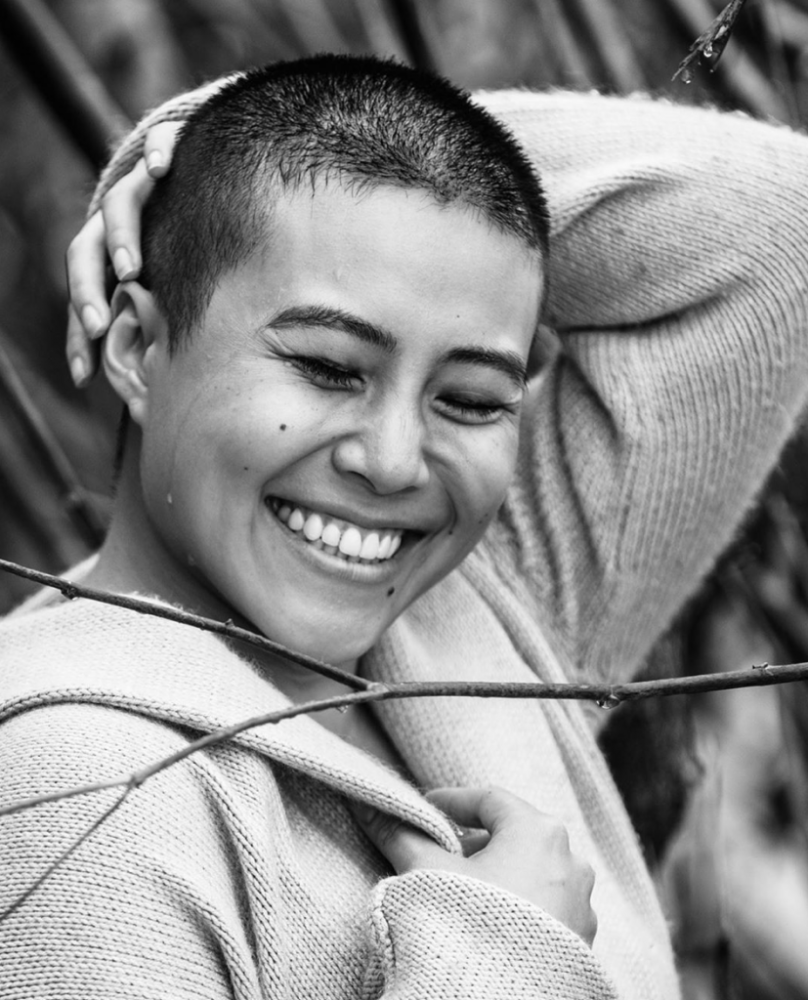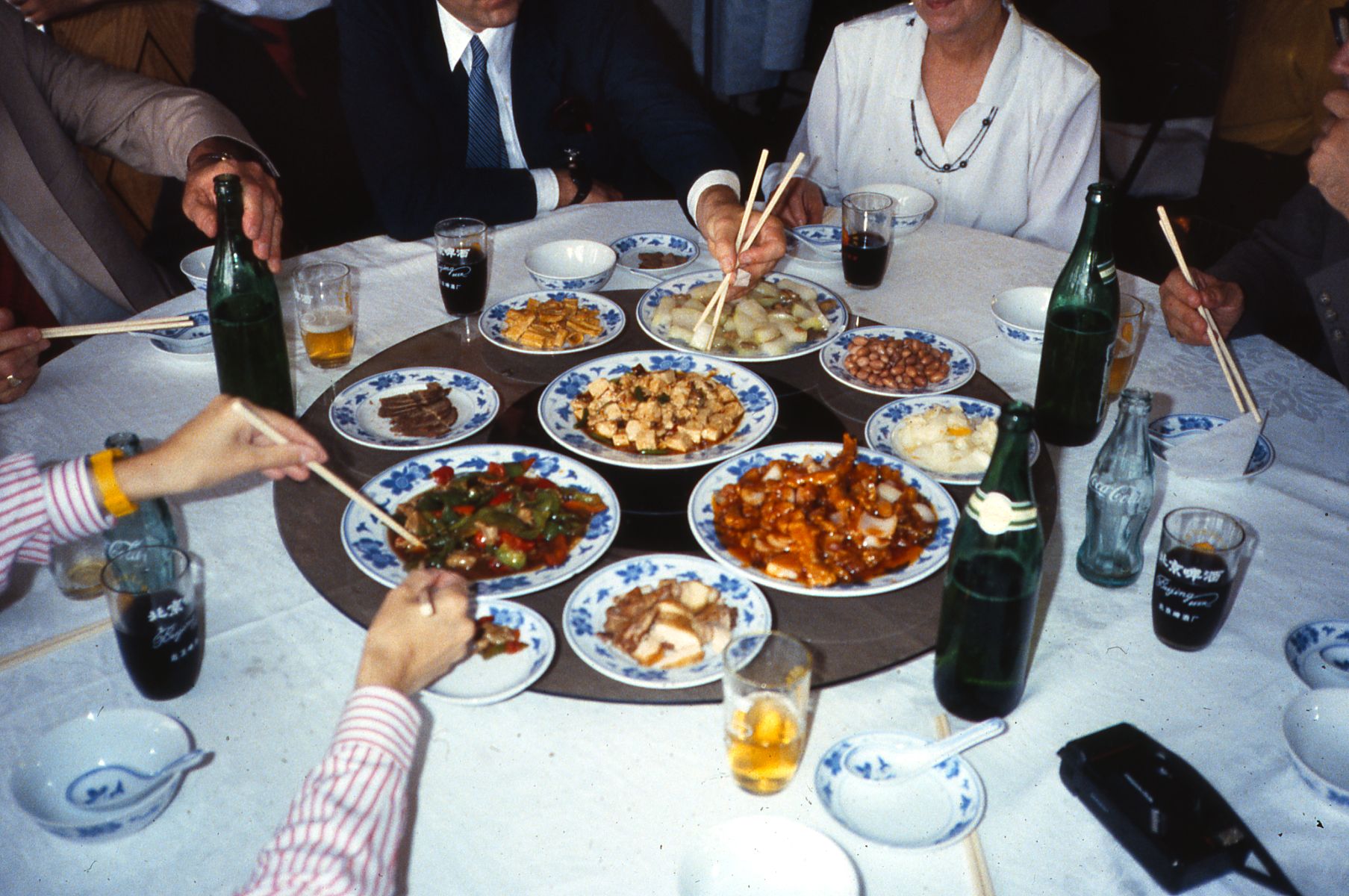
Talking about mental health has never been more important than it is in today’s restless age, and Emily Lola Tan is one of the rising voices in the combat against social stigma associated with mental health.
Malaysian fitness guru, performer and mental health advocate based in Hong Kong, Tan’s professional career in fitness was brought to an abrupt halt when she was diagnosed with Acute Myeloid Leukemia two years ago – forcing her to confront a new reality where every aspect of her life needed to be reevaluated.
Now, as an advocate for mental health and wellness, she works to dispel the taboo associated with mental health talk, guiding future generations to better understand their minds and bodies through sharing her own experiences.
For World Mental Health Day, Tan talks to us about her latest podcast project Tackling Minds, surrendering control during one of the hardest times of her life, and how to build mental strength.
Tell us more about your podcast Tackling Minds. How did it start and what’s it about?
I started Tackling Minds because I felt like I had developed myself psychologically from my diagnosis to the transplant up until today. Every few months, I feel like I am a new version of myself, and this growth mindset is pretty much the backbone of Tackling Minds. The people I talk to are mostly (if not all) for the growth mindset, whether they are experts in health, business or even music. Sometimes, it’s just people who are trying making ends meet, day by day.
What’s the hardest thing you’ve experienced in life, and how did you get through it?
One of the earliest hardest things I’ve experienced in my life would be having an abortion as a result of rape when I was 15, which then led to a suicide attempt. I was raised in a religious family – hence my experience was highly associated with shame and guilt. I felt like I didn’t deserve to live and didn’t feel like I had anybody to go to. The only people who knew about this were my mum (who helped me get the pregnancy test kit) and dad (who took me to the clinic). I eventually got through it by distracting myself with work and building up a lot of walls to protect myself.
From then till now, cancer, of course, has also been one of the hardest things I’ve ever experienced because you have to confront your death penalty. I had to get honest with myself about what I was living for and whether I had the desire to live. Getting through it meant asking myself those questions first, then searching for the tools to help me overcome my hardships.
If you had to describe your cancer journey in three words, what would they be and why?
First, I would describe it as revealing. I wasn’t prioritising my family as much I really wanted to. Instead, I prioritised my career. Being in the fitness industry, I’ve always thought I had to live, look and act a certain way, which, when I was lying on my deathbed, was the last thing I thought of.
Confronting would be my second word. I had to face the reality of my life being back to bare bones, as in my life was only going to be about survival. My only thought, goal and task at the time was, “How can I not die?” – and confronting whether that would be how my life would be forever, just living to survive.
Confronting those questions eventually brought me peace, which is my third word. Once you’ve seen what’s been revealed and you confront it, the anxiety, frustration and fear are replaced with peace because you now know that you can be content, satisfied and grateful with the basics –whatever the basics mean to each of us.
“Tough times don’t last, tough people do.”
Emily Lola Tan
You’ve talked about mentally surrendering control in your podcast, but how do you actually put that into practice?
It starts by making death your friend. You don’t need to go through a life-threatening illness or cancer to ask yourself whether you can make death your friend. It is part of life, and once you accept that, you’ll be able to surrender into topics and logistics that are involved with one, death itself, and two, reevaluating our purpose in life.
When things get hard, you can either feel sorry for yourself or you can choose to trust. Doubt leads to anxiety, and anxiety only leads to harm. During my chemotherapy, for example, I had to choose to trust that the medication being prescribed was going to help me. You also have to trust your own ability to bounce back if something doesn’t go the way you thought it would, and that’s a crucial step to surrendering control and building resilience.
What would you say is the key to mental strength?
Identify your purpose in life first. Ask yourself revealing questions to investigate and confront your own demons, and then find the most available tools to combat them. It’s okay to take small steps and be compassionate to yourself, but remember to hold yourself accountable – it doesn’t need to be 50-50 but a balance needs to exist there.
Challenge yourself physically too, especially with martial arts. In combat sports such as Brazillian Jiu-Jitsu or MMA, the first person you’re fighting with is yourself and your own doubt. Check what you are feeding your brain, both literally and metaphorically. Use different mantras through different stages of your challenge. My personal favourite is: “Tough times don’t last, tough people do.”
What do you do when you feel like giving up?
Whenever I feel like giving up, I give myself three attempts to get back up. When I can’t, I’ll allow myself a day or two to just dive deep into my funk. Then I recall all of the reasons I started in the first place, and I contrast that feeling with what I feel when I am in a funk. Re-establish autonomy by re-associating emotions to both scenarios and choose the scenario that you want to be in.

You’ve documented your cancer journey through social media and continue to have a strong presence on it. In your opinion, does social media help or harm our mental health?
I think harm stems from our decisions and our actions. The more we smother and numb ourselves with gossip and other people’s lives online, the more vulnerable we become to how manipulative how people can be using social media as a tool.
Social media is so powerful, but not necessarily in a bad way. If I didn’t fundraise on social media, I honestly don’t know if I’d be here today as cancer treatment is expensive. In that context, I owe a lot to social media. But if social media is used irresponsibly, then yes, it can contribute to harm against our mental health and our behaviour, especially in our interpersonal relationships.

What are some ways you take care of your mental health on a daily basis?
I am segregating my mentality into blocks. Early in the morning, I read when my mind is the fresh and not affected by input from other people or social media. Then I put my brain into learning mode by exposing myself to something new (like learning about stock markets and finance), even if it’s challenging.
After that, I put my brain into task mode. Instead of seeking validation from social media, tick things off your to-do list and find satisfaction from that. When the day comes to an end, I put my brain into recovery mode when I watch comedies and nonsensical TV shows without any guilt. It is also crucial to prioritise sleep.
See also: How to combat The Social Dilemma
Seeking help for mental health is not a common topic in Asian society and is often associated with shame and embarrassment. Have you ever felt the same? If yes, how did you overcome it, and how do you think this stigma can change?
Personally, I’ve never felt that I couldn’t talk about mental health due to the fact that I’m Asian. However, I have noticed that when I talk about mental health issues, people around me in Asian communities respond differently from people in Western communities.
Firstly, I think it’s important to check whether we are living for ourselves or for the opinion of others? I think we have the power to empower the next generation as well as influence and educate the people around you, so ask yourself: is your inner circle the people who amplify you? Shame and embarrassment will become less of an issue when we check the people we keep around us, and that is very achievable.
The pandemic has forced all of us into uncertainty. What advice would you give to people who are struggling to come to terms with this new reality?
The more we numb ourselves from the feeling of uncertainty and fear, the harder it becomes to confront those feelings when things get bad. To those who struggle with uncertainty, seek out people who have been dealing with uncertainty for most of their lives. We assume that everyone is experiencing the pandemic the same way, and sometimes it’s hard to see how lucky we have it without seeing other people suffering. Try to put things into perspective – it is a hard practice but a lifelong one.
See also: How to deal with COVID-19 stress
What are you working on now and what are your plans for the future?
I am and will be continuing to advocate for mental health and cancer research. If it wasn’t for cancer research, bone marrow transplants would not have the same success rate as they do today and I would probably not be here right now.
I also want to start conversations: Tackling Minds was my first step in doing so, and in the future, I want to develop different podcasts under Tackling Minds, specifically one on sex and relationships because it affects all genders at almost all ages.
Follow Emily Lola Tan on Instagram @theemilytan and her podcast, Tackling Minds @tacklingminds
See also: 7 Hong Kong podcasts to stream and share






